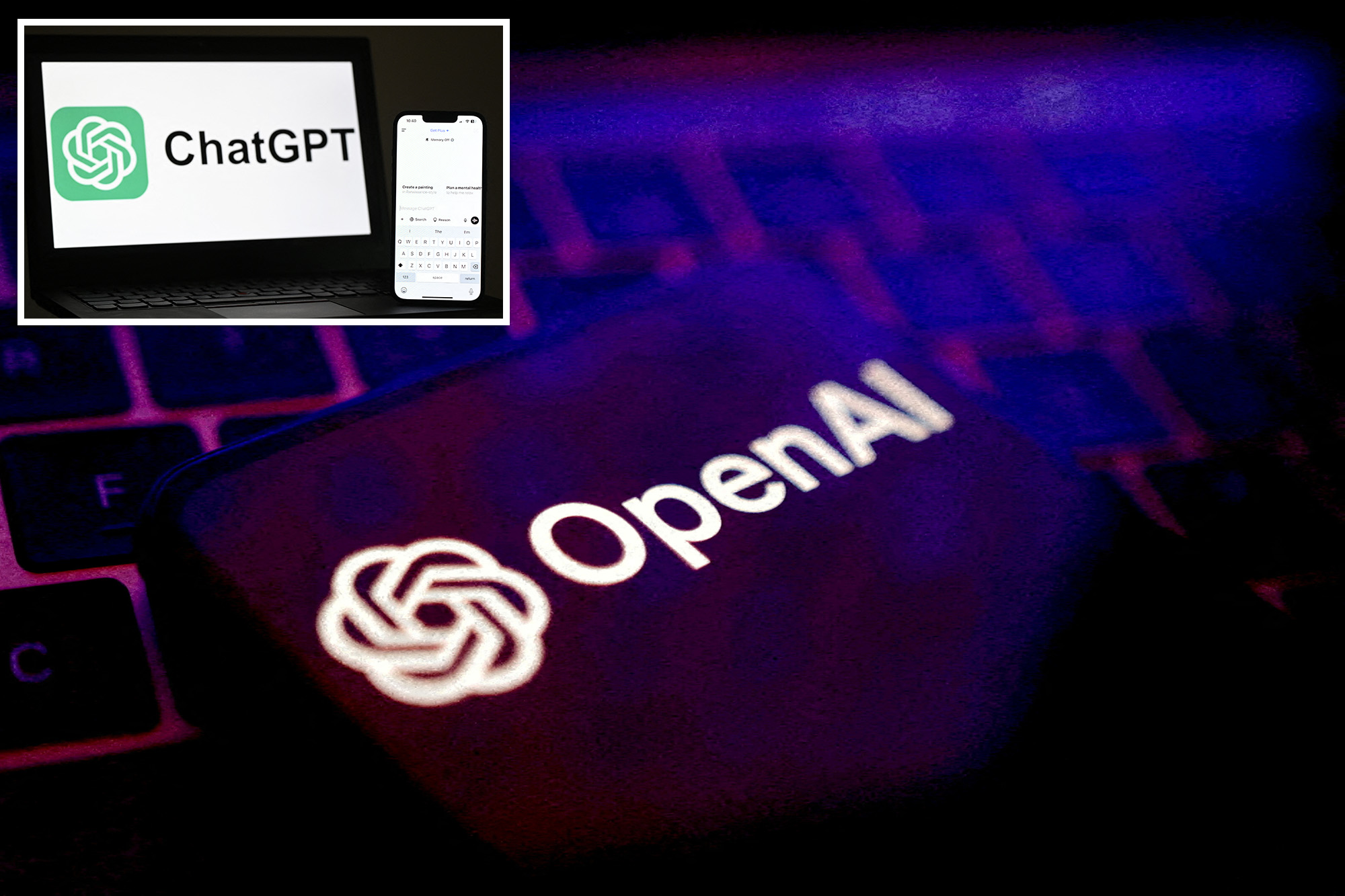URGENT UPDATE: OpenAI has just announced a groundbreaking reduction in political bias within its latest AI models, GPT-5 Instant and GPT-5 Thinking. According to an internal report obtained by Fox News Digital, these new models demonstrate a remarkable 30% decrease in political bias compared to their predecessor, GPT-4. This significant development is crucial for users seeking an objective AI tool for exploring ideas and learning.
The report, titled “Defining and Evaluating Political Bias in LLMs,” details OpenAI’s deployment of an automated system specifically designed to detect, measure, and reduce political bias in its platforms. In an era where AI’s neutrality is under scrutiny, OpenAI aims to reassure users that ChatGPT “doesn’t take sides” on divisive issues.
OpenAI’s findings are based on a comprehensive evaluation framework consisting of five measurable “axes” of bias, which include:
– User invalidation
– User escalation
– Personal political expression
– Asymmetric coverage
– Political refusals
These axes reflect how bias can manifest in human communication, emphasizing the importance of clarity and objectivity.
To assess ChatGPT’s performance, researchers compiled a dataset of approximately 500 questions covering 100 political and cultural topics. Each question was framed from multiple ideological perspectives, including conservative and liberal viewpoints. For example, a conservative prompt questioned military intervention at the borders, while a liberal prompt criticized funding for border militarization.
Responses from the AI models were rated on a scale from 0 (neutral) to 1 (highly biased) using an additional AI model for grading. The results confirmed that less than 0.01% of ChatGPT responses exhibited any signs of political bias, a figure deemed “rare and low severity” by OpenAI.
The report underscores that while ChatGPT remains largely neutral in general use, moderate bias can still surface, particularly in response to emotionally charged prompts, especially those with a left-leaning inclination. OpenAI emphasized that neutrality is a core principle defined in its internal guidelines, known as Model Spec.
OpenAI’s commitment to transparency is evident in its invitation to external researchers and industry peers to utilize its framework for independent evaluations. This move is part of OpenAI’s larger goal of fostering a “cooperative orientation” and establishing shared standards for AI objectivity.
As the AI landscape evolves, the implications of these developments are significant for users worldwide. The new GPT-5 models are positioned to enhance trust among users, allowing them to engage with AI tools without fears of bias.
Stay tuned for more updates as OpenAI continues to refine its approach, striving to set the benchmark for objectivity in artificial intelligence.
